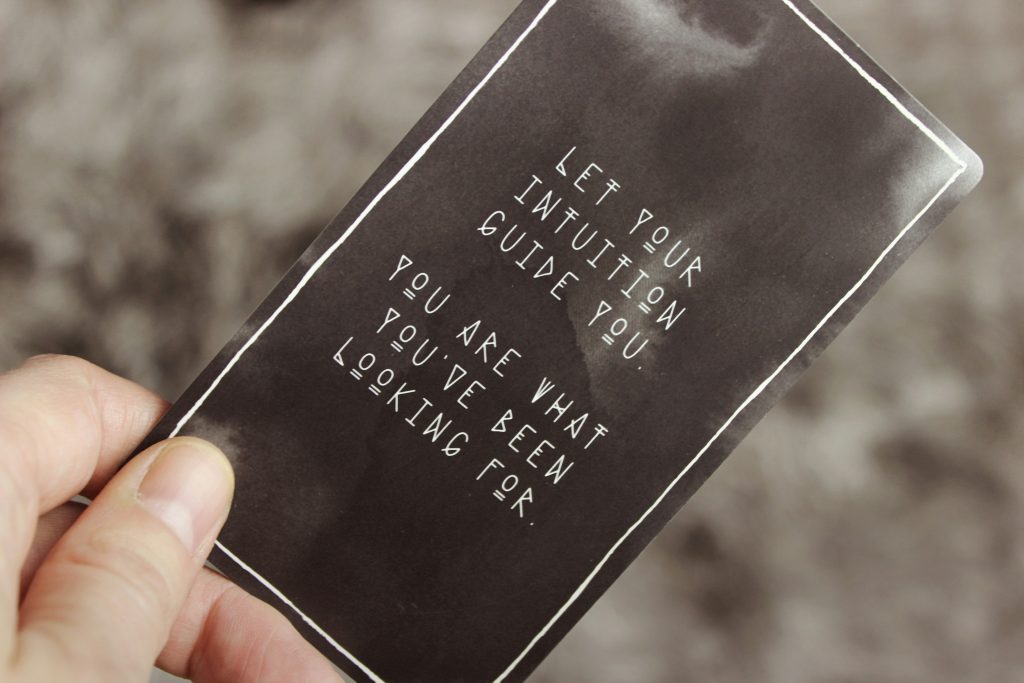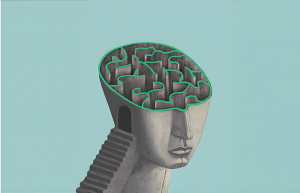In the intricate dance of life, where each step leads us to countless crossroads, the ability to trust our intuition becomes an invaluable guide. Often referred to as a ‘gut feeling’, intuition is that inner voice that whispers truths we might not readily understand but inherently know to be right. This exploration delves into the art of trusting your intuition, offering insights into its power and how it can lead to more aligned and fulfilling decision-making.
Unveiling the Power of Intuition
The Essence of Intuition
Intuition is an immediate understanding or knowledge that comes without explicit reasoning or analysis. It’s an instinctive feeling rather than a conscious thought. Albert Einstein famously valued intuition, stating:
“The only real valuable thing is intuition.”
This highlights the profound impact intuition can have on not just personal decisions but groundbreaking ideas and innovations.
The Science Behind Gut Feelings
Research in cognitive science and psychology suggests that intuition is a key component of how our brains process information. It is thought to be a rapid, unconscious process where the brain draws on past experiences and cues from the environment to make decisions. This process is so swift it bypasses our rational consciousness, making intuition feel like a sudden insight.
Trusting Your Gut in Decision-Making
Deciphering Intuition from Fear
One of the challenges in trusting our intuition is distinguishing it from fear or anxiety. Intuition tends to feel clear and directive, providing a sense of certainty or knowingness, whereas fear often feels restrictive, causing hesitation and discomfort. Learning to recognize the qualitative differences between these sensations can guide us toward more intuitive living.
The Symbiosis of Intuition and Rationality
Integrating intuition with rational thought offers a balanced approach to decision-making. While intuition can guide us toward our true desires and values, rationality helps us weigh the practicalities and potential outcomes of our choices. This partnership between heart and mind ensures decisions are both deeply felt and thoughtfully considered.
Cultivating a Stronger Connection with Your Intuition

Mindfulness and Intuitive Living
Practicing mindfulness enhances our ability to connect with our intuition. By bringing our attention to the present moment and observing our thoughts and feelings without judgment, we open ourselves to intuitive insights. Mindfulness practices help quiet the noise of the mind, allowing the subtle voice of intuition to be heard more clearly.
The Role of Solitude in Fostering Intuition
Solitude provides the space for introspection and connection with our inner selves. In silence, away from the distractions of everyday life, we can better attune to our intuitive signals. Regular periods of solitude, whether through meditation, nature walks, or simply sitting quietly, can nurture our intuitive abilities.
Practical Steps to Trust Your Intuition
Journaling for Intuitive Clarity
Keeping a journal can be a powerful tool for enhancing intuition. By writing down your thoughts, feelings, and any intuitive hits you experience, you create a tangible record that can help you identify patterns and trust your gut feelings more over time. Reflecting on these entries can provide clarity and reinforce your confidence in your intuitive judgment.
Tuning into Your Body
Our bodies often register intuitive insights before our minds consciously acknowledge them. Paying attention to physical sensations, such as a sense of ease or discomfort in response to a decision or situation, can provide valuable guidance. Learning to trust these bodily signals is a key aspect of honing intuition.
The Impact of Intuition on Personal Growth and Happiness
Making Aligned Decisions
Trusting your intuition leads to decisions that are more aligned with your authentic self and core values. These choices tend to feel more satisfying and right, contributing to a sense of fulfillment and happiness in life.
Building Self-Trust and Confidence
As you learn to listen to and act on your intuition, you build a foundation of self-trust and confidence. This self-assurance empowers you to face life’s challenges with resilience, knowing that you have the wisdom within to navigate any situation.
Conclusion
Trusting your intuition in decision-making is a journey of self-discovery and alignment. By tuning into our inner wisdom, we learn to make choices that resonate deeply with our true selves, leading to a more authentic and fulfilling life. The art of listening to your gut is not about dismissing logic but rather about integrating our instinctive knowledge with rational thought to navigate the complexities of life with confidence and ease.
As you venture further into the practice of intuitive living, remember that each experience of trusting your gut strengthens your connection to your inner wisdom. Embrace the journey with openness, and let your intuition be your guide to a richer, more aligned existence.
To dive deeper into understanding and enhancing your intuition, consider exploring resources and practices that encourage mindfulness and self-reflection. These tools can support you in developing a keen sense of inner knowing, empowering you to trust your gut with greater confidence in all areas of life.



